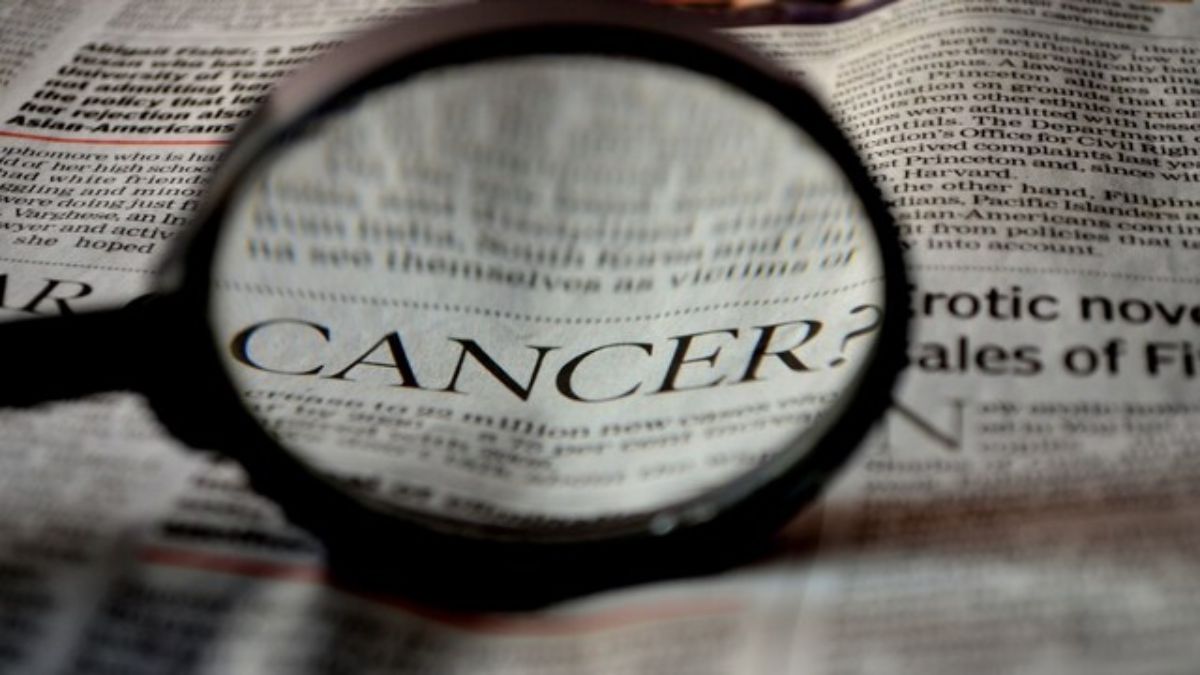The signs of male breast cancer can closely resemble those seen in women
read more
Many people are unaware that men can also be affected by breast cancer. Although male breast cancer accounts for less than 1 per cent of all breast cancer cases, this fact is significant and deserves attention. Men possess breast tissue, albeit without the ability to lactate, making them potential victims of this disease. Research suggests that many men are diagnosed at more advanced stages of breast cancer because of the widespread belief that it primarily affects women. Consequently, symptoms indicative of cancer may be ignored in males.
Several factors can predispose men to breast cancer, with age being a primary risk. The disease is most commonly diagnosed in men aged 60 to 70. Additionally, genetic factors play a crucial role; men with close relatives, such as sisters, mothers, or grandmothers, who have had breast cancer are at a heightened risk. Specific genetic mutations, including BRCA1 and BRCA2, can significantly increase susceptibility to the disease. Hormonal influences, liver diseases, and obesity are also risk factors, along with radiation exposure and a history of testicular issues, all of which can often be mitigated.
The signs of male breast cancer can closely resemble those seen in women, including lumps or thickening in breast tissue, changes in the nipple (such as inversion, retraction, redness, or discharge), and alterations in the skin of the breast. Due to the generally less developed male breast tissue, these changes can be more noticeable. Unfortunately, they are frequently overlooked because of a lack of awareness regarding the symptoms until the disease has progressed. It is crucial for men to closely monitor any unusual changes in their chest area and to detect early signs promptly.
Treatment plans for male breast cancer mirror those for female breast cancer and typically involve surgery, radiation therapy, intravenous chemotherapy, or hormone therapy, depending on the cancer’s type and stage. Most current treatment recommendations stem from research focused on female breast cancer, with limited studies addressing male cases. However, it is essential to note that male patients can achieve positive therapeutic outcomes if the cancer is detected early.
The author is Technical Director BDR Pharmaceuticals. Views expressed in the above piece are personal and solely those of the author. They do not necessarily reflect Firstpost’s views.

)





